

The field has great potential, and is expected to become another major driver in bilateral exchanges, he said.
The premier made the remarks at the closing ceremony of the China-EU Urbanization Partnership Forum in Beijing on Thursday.
He said he expects more European enterprises to "harvest fruit" and find great business opportunities in China's unprecedented urbanization.
The world's second-largest economy has pledged to give some 200 million rural people urban jobs, homes and welfare coverage in about a decade, as a major driver of its economy.
At the forum, several cities from China and the EU agreed to form partnerships to promote urbanization and set up low-carbon programs.
More opportunities, Li said, will come about for professionals and companies from Europe.
"We are not only willing to push ahead governmental cooperation," he said, "but deeper exchanges between think tanks, urban planners and entrepreneurs are also welcome. In that way, cooperation in urban planning, public service, green service, green architecture, construction of eco-cities, transportation and the protection and display of historical and cultural heritage will be deepened."
Urbanization comes along with the modernization of the country, Li said, and China will take a long time to urbanize because of its large population and sheer number of rural residents.
"The new urbanization that the Chinese government is pushing for focuses on the people, so the process should advance with respect for the willingness of rural residents and protection of their rights," he said.
Siim Kallas, vice-president of the European Commission, also sees many similarities in the two sides in terms of urbanization and transport.
About 85 percent of the European GDP is in cities, Kallas said, and cities will be the drivers of economic growth in both the EU and China.
 Hot models shining at Auto Guangzhou 2013
Hot models shining at Auto Guangzhou 2013
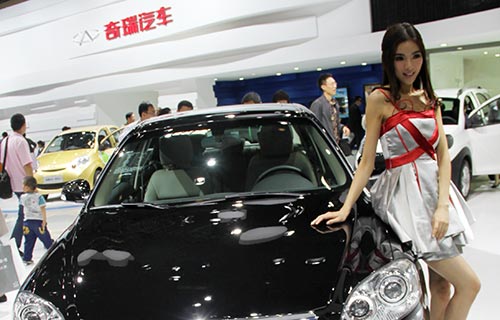 Survey: Big strides in domestic auto quality
Survey: Big strides in domestic auto quality
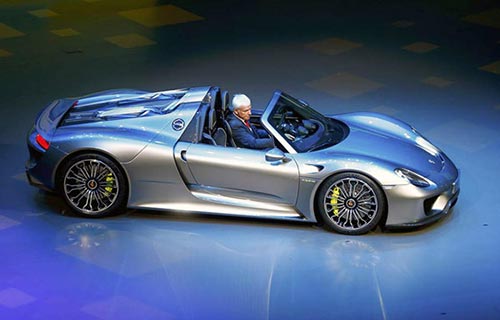 Auto Guangzhou witnesses new Porsche sports cars Asia Premiere
Auto Guangzhou witnesses new Porsche sports cars Asia Premiere
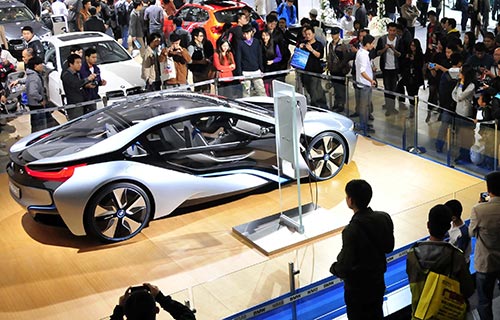 Rise of the south's biggest show
Rise of the south's biggest show
 Sew be it
Sew be it
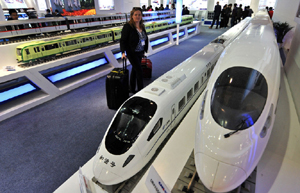 Latest trend in tram
Latest trend in tram
 CCTV 2014 advertising auction kicks off in Beijing
CCTV 2014 advertising auction kicks off in Beijing
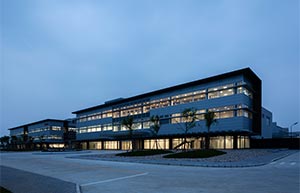 Toyota TMEC opens hybrid tech R&D operations
Toyota TMEC opens hybrid tech R&D operations